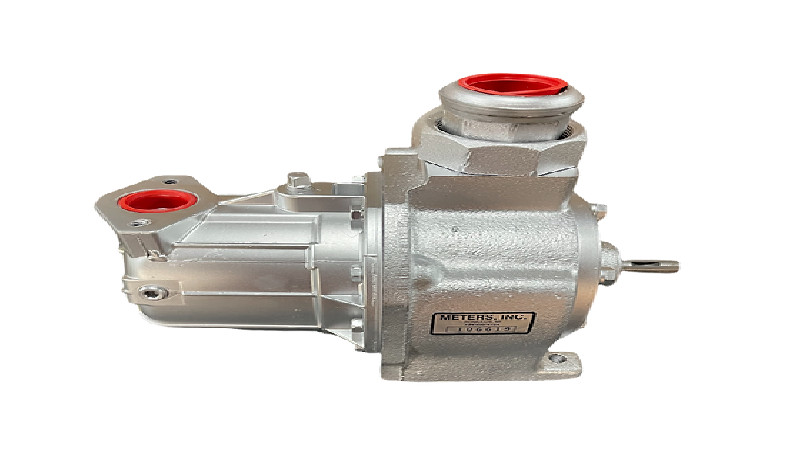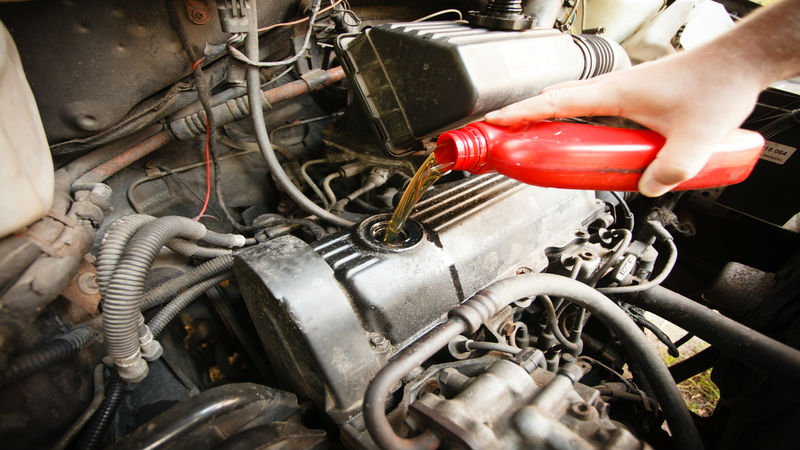Bulk Water Delivery in Madison is the most convenient option for filling a swimming pool for both municipal and rural property owners. In fact, most rural homeowners should avoid trying to fill a swimming pool with well water. They risk running the well dry when pumping thousands of gallons from it over the course of several hours. That type of activity also is hard on the well pump, and nobody wants to deal with a well pump failure.
When a homeowner calls for water delivery, a service such as East River Energy brings a tanker truck of water to the property as many times as needed to fill the pool. A person considering water delivery might want to figure out how much the tankers of water cost compared with filling the pool from an exterior faucet and having all that water usage billed by the municipal water utility. With the price of a certain number of gallons as supplied by the delivery service, the homeowner can do the math to understand how much he or she would spend.
With current Connecticut water prices, the average household use of 15,000 gallons over a quarter costs about $150, according to Connecticut Water. That tells a homeowner what filling a 15,000-gallon pool costs when using a garden hose. Of course, many pools are much smaller, so the property owner has to account for the specific size.
Typically, having water delivered costs a bit more than filling the pool from a home faucet. However, there is a strong convenience factor involved with Bulk Water Delivery in Madison. Very quickly, a family has a backyard oasis with a private place to swim throughout the season. Otherwise, somebody has to monitor a hose slowly filling a pool, which takes many hours. Consider how long it takes to fill a bathtub, which might only hold 60 gallons of water. If the pool needs 15,000 gallons, that’s like filling a bathtub 250 times.
In addition, a homeowner is strongly advised to call the water utility to tell them ahead of time. The spike in water usage may be flagged by the service as a potential problem, such as a pipe leaking or water theft. During drought conditions, the municipality may not even allow filling a pool from the city’s water supply.


